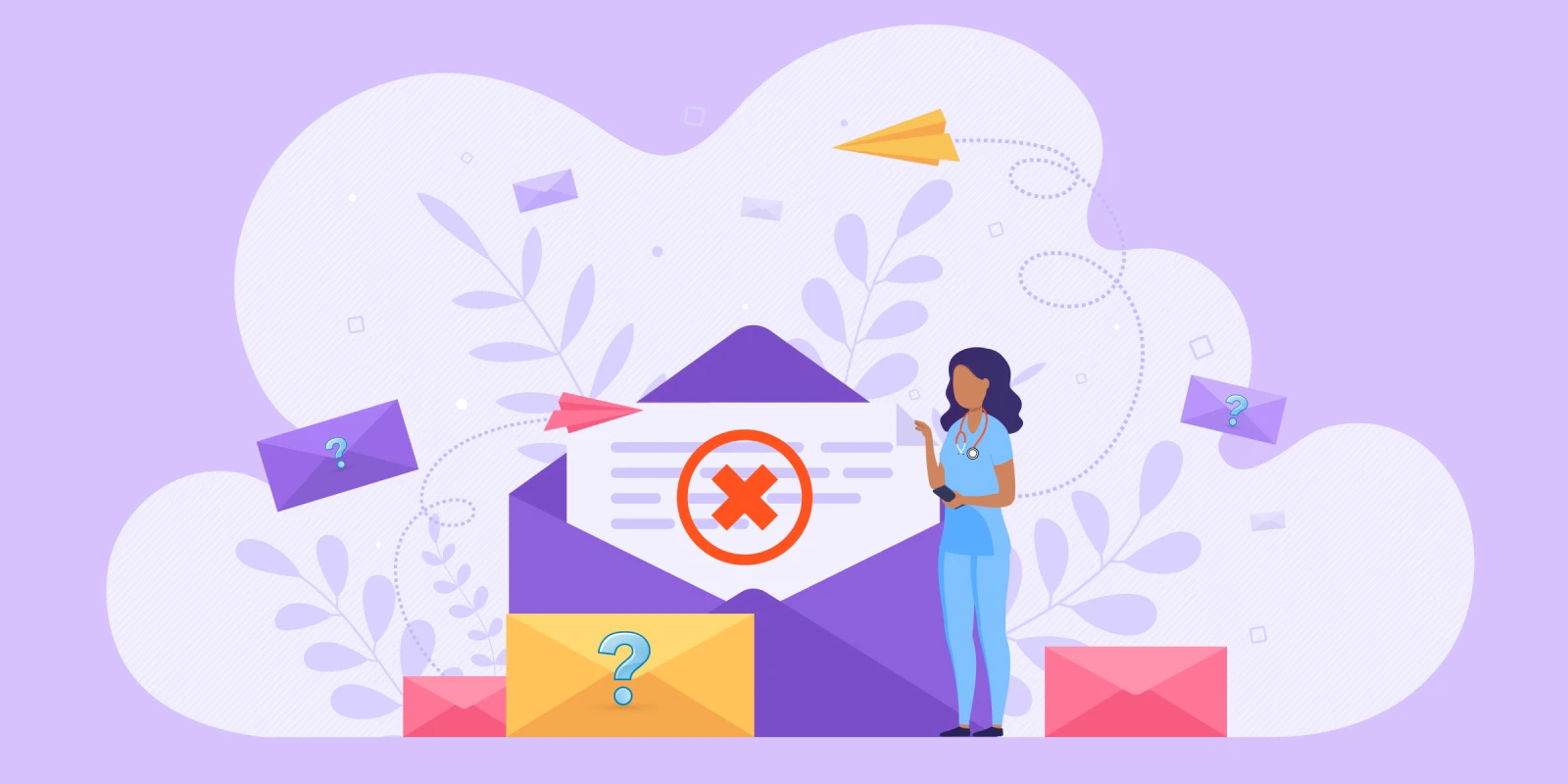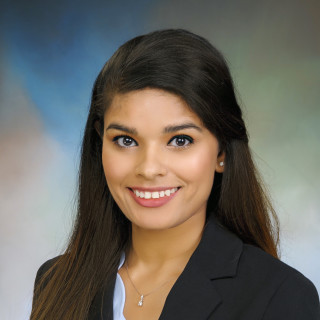For most college students, March means Spring Break. For medical students, March signifies Match Week. Match Week is the medical school equivalent of Spring Break: a week full of fun activities with your classmates who have been in the trenches with you. But what happens to those of us who do not match? What happens when you’re dressed up in your Match Day dress, looking at your graduation cap and gown, dreaming of your future medical career, but you have nowhere to go after medical school?
Unfortunately, I never imagined the one week I looked most forward to would turn into a week of trauma I would relive every year.
On the Monday of Match Week, as MS4s across the nation sat by our computers and eagerly awaited the release of results from the NRMP, I took a photo looking out the window at 9:41 a.m. I can tell you the exact time. I still look at that photo often and reminisce how exactly 25 minutes later, I was about to face my biggest battle. On March 11, 2019 at 10:06 a.m., I received an email with the subject line, “Did I Match?” from the NRMP.
“We are sorry, you did not match to any position.”
What does that moment feel like? Imagine you have been dating your partner for years and decide now is the moment to propose to them. You spent all this time planning and dreaming of a life together. You get down on one knee to propose to the love of your life, but they reject your proposal via an automated email. It’s a rejection from something you love so dearly. Psychiatry rejected me.
Despite feeling despondent, I entered into the SOAP. Soon, frustration was added to the scramble of emotions. Due to the high volume of unmatched students, the system crashed in the middle of submitting my application to unfilled programs and then continued to crash throughout the SOAP process. I anxiously waited for a phone call, and I was a lucky girl who attracted three suitors. I thought for a moment that maybe there was a higher power leading me somewhere else. After all, doesn’t everything happen for a reason?
SOAP first round: no offer.
SOAP second round: no offer.
I did not match.
My suitors did not ask me out on a second date. I was rejected, devastated, and confused. I thought that perhaps I was not worthy. I realize now why I didn’t get offers after my SOAP interviews: who wants to go on a second date with a person who speaks only about their ex? Looking back, I realized that during my SOAP interviews with other specialties, I talked about psychiatry most of the conversation. I couldn’t pretend that I wasn’t still in love.
I spent the rest of March in my dingy apartment — the typical accommodations a med student can afford. I watched funny movies and TV shows, using humor to cope with my loss. After all, a mature defense mechanism is a choice.
While my matched classmates were taking it easy and preparing to transition into their new roles, I had to remain focused. I woke up every morning motivated and went to bed every night paralyzed. I remember thinking that I did not work so hard up to this point to just give up. Furthermore, fear proved to be a significant motivating factor. With medical school graduation coming in three months, with crippling debt and no income source, I faced a daunting future. So, I sent countless emails and job applications for research and clinical positions. I searched on Student Doctor Network and unmatchedmd.com for any open postings with multiple tailored resumes and job applications on hand to send. I faced rejection daily. The few responses I received often stated that I was overqualified for the position. I was an overqualified soon-to-be physician without a job.
Luckily, I had two great mentors and a dean who regularly forwarded me open positions and would prudently send letters of recommendation on my behalf. I changed my last two rotations of med school to grueling sub-internships in an effort to gain more experience and make faculty connections before graduation. While the interview trail was over in February for most students, mine continued until May. I interviewed at two different programs for out-of-match positions after applying to countless programs. I was offered a research position in addiction medicine. Soon after that offer, another came in for an internal medicine preliminary position. I took the preliminary position because I wanted to continue my clinical training and build a strong foundation for when I eventually reapplied for psychiatry. Yes, I planned on proposing again. I celebrated in my dingy apartment that didn’t feel so dingy anymore, I cried, and I felt hopeful.
One day, after morning rounds, I got a phone call that I almost didn’t pick up. A sense of recognition overwhelmed me. I had spoken to the person on the other end of the line during my first residency interview. It was a voice that I’d be happy to hear for the next four years. My current program coordinator was calling to offer me a psychiatry residency position that had unexpectedly opened. I accepted the position and walked outside to breathe fresh air again.
I used to think that I was unlucky because I didn’t match. Now, I feel gratitude and believe I am one of the lucky ones. The truth is, what happened to me as an unmatched medical student is rare. Most unmatched students do not find a position until the next application cycle. Some might repeatedly suffer through this traumatic experience after reapplying multiple times.
I write this for the unmatched student. I have been there, and I still feel the wave of rejection and anxiety every Match Day. It makes me wonder about the mental health impact this day has on the hundreds of medical students across the nation every year who do not match, especially if I, one of the lucky ones, still feel emotional turmoil two years after not matching?
It doesn't matter whether you found your partner through a dating app algorithm or the old-fashioned way. If it was meant to be, it was meant to be. A Nobel Prize-winning mathematical algorithm does not always get it right. If you find yourself unmatched after Match Day, do not let that disappointment drive you into despair. Continue to work towards your goals — your perfect match may be waiting around the corner.
Did you not immediately match into your specialty? How did you overcome that obstacle? Let us know in the comments section!
Dr. Chhavi Chaudhary is a second-year Psychiatry resident at the University of Texas Health Science Center Tyler. She has interests in child and adolescent psychiatry and college mental health. She is a resident representative at Texas Society of Psychiatric Physicians and serves on the Resident recruitment and wellness committees within her residency program.







